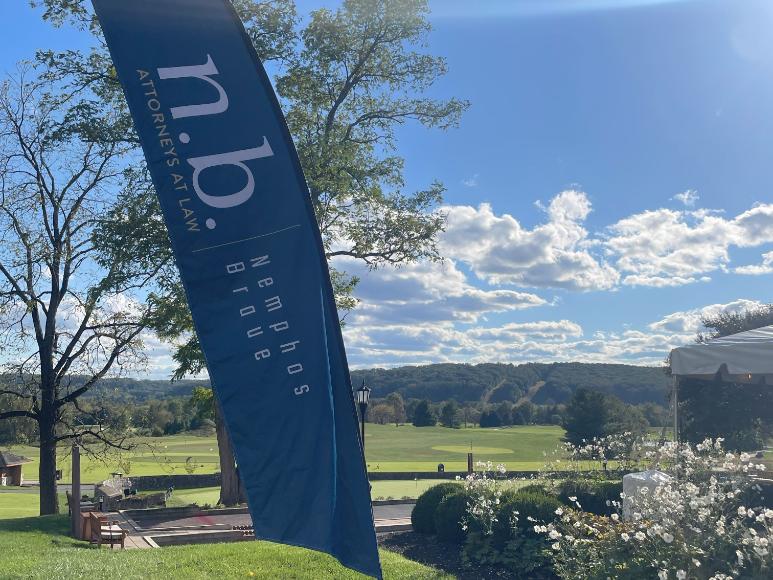Ben Stiffen, Executive Director, Maryland Health Care Commission
Questions & Answers
Delegate Jackson:
Q: Can you briefly discuss manpower considerations going forward?
A: Staffing is a critical path, will ask colleagues at the Department of Health.
Senator Lam:
Q: In NY they initially thought that hospitals being set up were mostly going to be focused on non Covid patients, now they have had to redirect Covid patients which has led to some challenges with how those facilities were staffed, and what was available. Have those thoughts been processed into your workflow?
A: In terms of alternative sites, that is a matter of ongoing discussion. They are most focused on that as it pertains to nursing homes. On hospitals themselves, they do provide information generally on what they plan to do. Is this Covid positive space or general non Covid space? We have not given them any direction at that point or issuance as they seem to be alert on what they need to do as they congregate patients based on their condition.
Greg Todd, Deputy Secretary, Maryland Department of Health
Questions & Answers
Bill Ferguson:
Q: Do we have any 10:00 am updates? Any trends from today’s numbers?
A: We have an additional 500 new cases. Over the past few days we have been in the 500-550 range for new cases. Unsure of the current death count.
Q: Total number of tests seem to be declining. Is that something the Department of Health is tracking? We expected test numbers to be going up, but it looks like we have gone from 2500 a day to about 2000 a day.
A: Do not have visibility on that. But I can check and see.
Senator Rosapepe:
Q: Do you have stats or metrics we could follow on what we are getting in relation to our need for PPE?
A: Right now hospitals seem to have a number of ventilators that are not in use, at this point we are probably safe with ventilators but that could change if cases worsen. We have gotten 470 ventilators from the federal government. The plan is to hold 10% of those vents back for hotspots and distribute the rest to hospitals. On PPE we are behind the curve because we are having a difficult time getting them in. we probably have half of what we need for PPE, it’s just a matter of receiving what we have ordered.
Bill Ferguson:
Q: Clarification on an earlier question. Over the last 5 days we have had 1900, 2400, 2000, 2600, and 1800 tests. Do the numbers on a daily basis that are being released of new cases and confirmed negatives, are those the full capacity of what testing is available that day or is that more a reflection on how many tests are being given or processed?
A: Do not have an answer, but will find out.
Delegate Pena-Melnyk:
Q: Is some of the money coming in going to be given to the local health departments so they can begin tracing?
A: Not sure what the allocation is, but I can get back to you about that.
Delegate Luedtke:
Q: Could you speak on the Medical Reserve Core and the extent to which we have met our goals in terms of those who have signed up and gone through what they need to become members, and to what extent the state and localities have put them to work?
A: We have had terrific response from volunteers through MMRC. Two projects we are going to focus them on. Secretary Kramer at the Department of Aging is looking for some help reaching out to in-home services, ensuring the elderly are getting the care they need. Also working with the staffing agencies will be beneficial to evening out the staff.
Ben Ferguson:
Q: Process for contact tracing on the operations side. Will health be the lead agency for building out the contact tracing component of the second phase of this?
A: I would assume so. I have heard that we will be but I don’t know that for sure yet.
Q: Have plans begun in hiring and recruiting of contact tracers?
A: Not to my knowledge. I do know with who we have brought on when we get to that point we may be able to utilize their help.
Brian Frosh, Maryland Office of Attorney General
Questions & Answers
Delegate Hughes:
Q: Is your office providing guidance and giving warning letters?
A: We are providing guidance, but we don’t enforce the orders. The local states attorney or Department of Health would be the one to be in touch and enforce the orders. If someone is going to be charged it would be with the local state’s attorney.
Senator Griffith:
Q: Are you collecting any data on information being reported? Do you have someone that could put together a sheet we could send out with some of the common scam activities being reported?
A: Yes, we can send a list and description of different scams and price gouging that is taking place. Yes, we are keeping track on data reported. We are asking for internal volunteers to assist in fielding calls. All complaints, responses, and actions are being tracked.
Bill Ferguson:
Q: Is there a way how a business could know whether it falls into an essential category and who has enforcement interpretation?
A: Interpretation would come from the Governor’s office. The first place to check would be the local Department of Health, then if additional guidance is needed the state Department of Health.
Jay Perman, Chancellor, University System of Maryland
Questions & Answers
Senator Guzzone:
Q: Have you been developing scenarios for long term planning? How much flexibility do you have in reserve funds right now?
A: We know we will need to manage to a number. We are cognizant of the fact that salaries are our largest expense. We are being very careful about adding any personnel costs. We may be forced to reduce expenses. We do have a reserve which will help us get through this immediate issue but it wont cover everything. There is very limited flexibility.
If you have any questions or concerns reach out to us directly at 410-321-8200.




